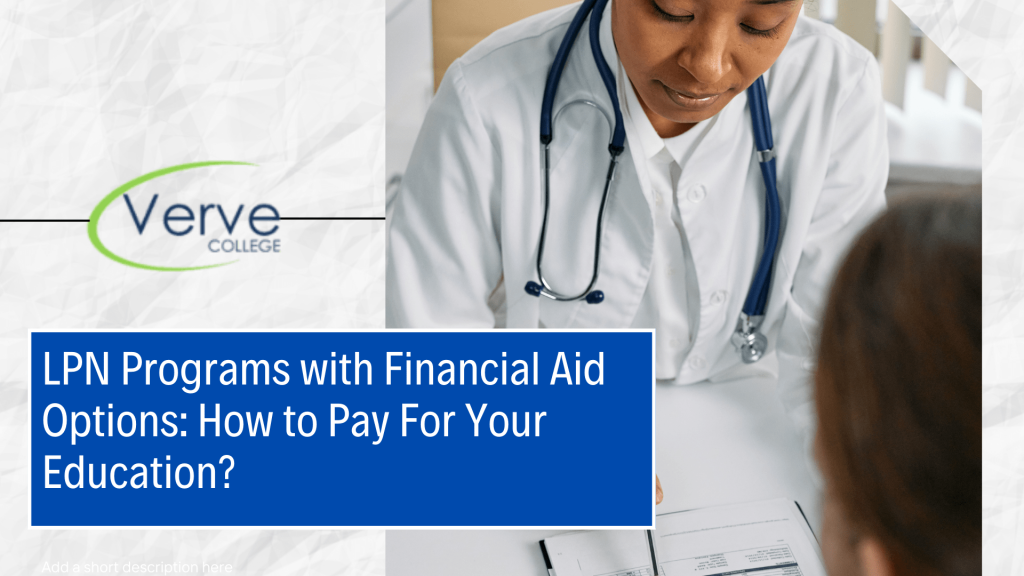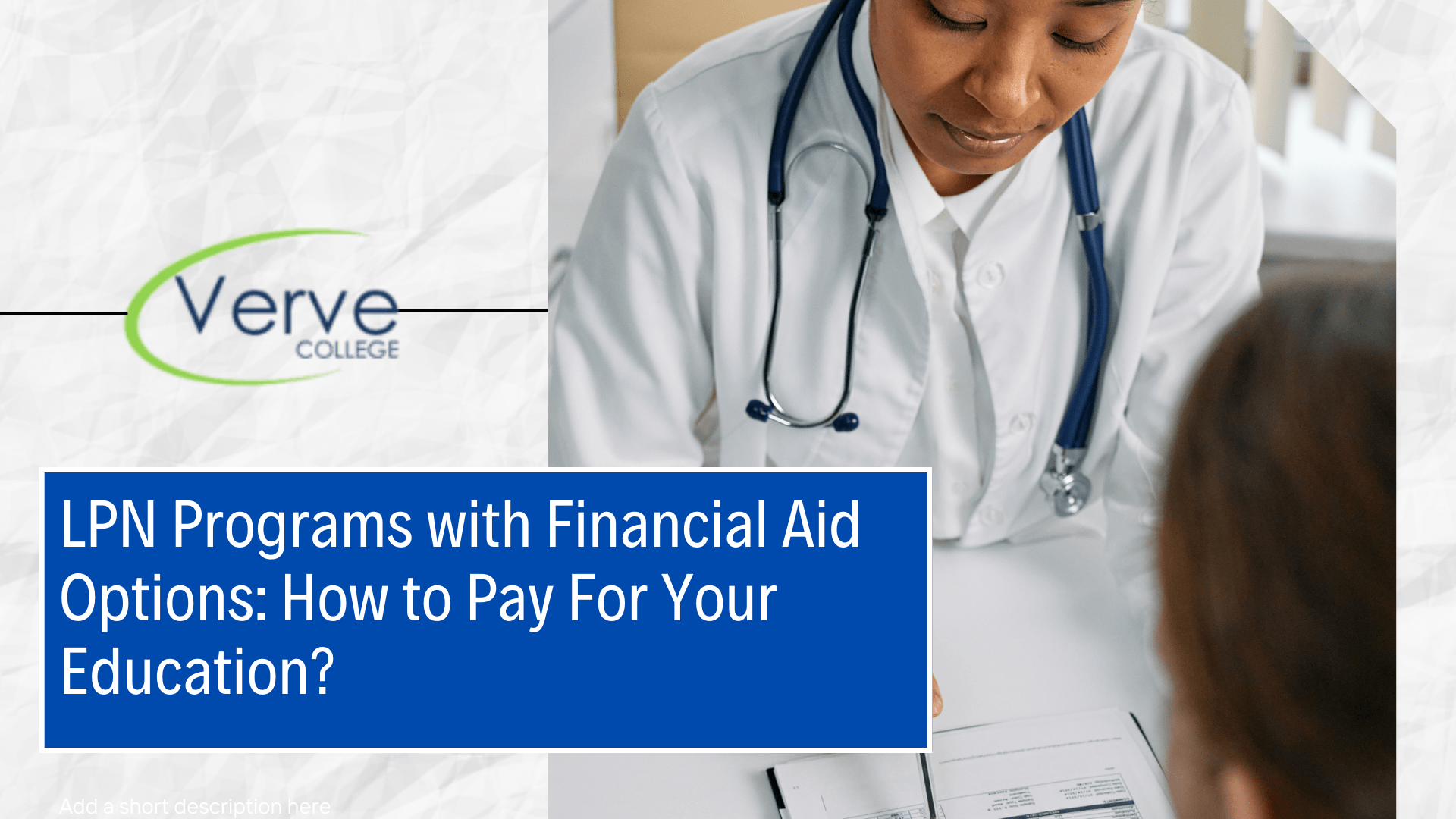- Oak Brook:(630) 705-9999
- Chicago:(312) 920-8822
- Email:inquiry@vervecollege.edu
- Make a Payment
- Home
- Programs
- Admission
- Resources
- ATI Entrance Exam Resources
- New E-Digital Library
- Refer a Friend
- School Newsletter
- Events
- Employers
- Job-Network
- Alpha Beta Kappa Candidates
- Verve College Library
- Graduation and Pinning Ceremony Photo Galleries
- Textbook Information
- Career Services
- Tutoring
- School Catalog
- FAQ
- Constitution Day Program
- Alumni
- Verve College Plans
- Financial Aid
- HEERF Reporting
- Satisfactory Academic Progress
- Apply For Financial Aid
- Net Price Calculator
- Return of Title IV Funds (R2T4)
- Financial Aid Office Code of Conduct
- Contact
- FAQs
- Verification Policy
- Vaccination Policy
- Student Right-to-Know Act
- Misrepresentation
- Information Security Program
- Academic Award Year
- Availability of Employee
- Cost of Attendance
- Health & Safety Exemption Requirement
- Students Rights and Responsibilities
- Leave of Absence
- Pell Formula
- Military Students
- Grants/ Scholarship Policy
- Contact Us
- Login
- Testimonials
- Blog
Is a Nursing Career Right For You?
Take The Free Quiz
LPN Programs with Financial Aid Options: How to Pay For Your Education?
LPN Programs with Financial Aid Options: How to Pay For Your Education?
Many vocational and technical colleges offer online classes to students who want to be nurses or practical nurses. These programs are easy to get financial aid. It is important to remember that not all LPN programs & LPN courses can be done online.
Most classwork can be done online, but clinical studies involving supervised interaction and real patient care (basic nursing care) must be done in person, according to the statistics.
FAFSA
The FAFSA (Free Application for Federal Student Aid) is one of the most important financial decisions you can make when attending school. FAFSA provides students with more than $150 billion annually to support their higher education requirements. You don’t have to prove financial need to be eligible for all programs. You also don’t have excellent credit. FAFSA offers loan, grant, and scholarship programs that make it easy to return to school for a school diploma in practical nursing.
FAFSA Eligibility
FAFSA’s basic eligibility criteria are as follows: A U.S. citizen, or a qualifying non-citizen, must have a valid Social Security Number, be registered with Selective Service if he’s a man, and be enrolled as a regular student at an approved school. Maintain satisfactory academic grades. You must show financial records, such as tax returns if you are applying for programs that depend on your financial needs. Your ability to get aid may be affected if you have a conviction for a felony or are currently incarcerated. To determine your eligibility, look at the FAFSA’s drug eligibility worksheet.
Submitting an Application
It is easy to complete the FAFSA online. To get started, visit fafsa.gov. FAFSA is free. The Federal Student Aid website warns that if a website asks you for money, it’s not right. Before you start, get a Personal Identification Number (or PIN). A PIN allows you to electronically sign documents. It is not the same as your password. After receiving your PIN, complete the application by answering all the prompts. You may need to provide information such as tax returns and Social Security numbers if you are a dependent. To seek help, go to the bottom of the page and click the “need assistance” link. Or click on “help” to start a live chat. If you prefer to request a paper application, click on the “need help” link at the bottom of this page. You can also contact your technical school’s financial assistance department if you need assistance filling out the application for weekend nursing programs.
Related:-LPN Programs With Clinical Rotations: Gaining Real-World Experience
Types of Aid
The Pell Grant is FAFSA’s most popular grant training program. It provides up to $5,500 per year in free money that can be used to cover tuition, books, and other expenses. You don’t need to repay it. Other grant educational programs, such as TEACH for teachers working in high-need areas and special assistance for military families, are also available. There are loans available. Subsidized loans can be used by nursing students who have a demonstrated financial need to get a degree in the nursing profession. Credit checks are not required. Unsubsidized loans don’t have to be based on financial need. However, they do not require credit checks. The amount you can get in each category will depend on whether you are a full-time or part-time student and which year you are in college.
Private Financial Aid
You may be unable to receive federal funding, or you don’t have enough funds. If this is the case, you can look at private sources of financial assistance. There are many private scholarship programs that can be funded all across the country. These diploma programs can be based on your financial situation, academic achievements, or personal circumstances with additional training and extensive training. Each scholarship has its criteria. For help finding scholarships that fit your needs, contact the financial aid office at your school about the clinical practice training program. If all else fails, you can ask your parents or guardians for help finding scholarships that work for you. These loans depend on creditworthiness and may be subject to higher interest rates in nursing licenses.
Cost information For Both Practical and Vocational Licenses
According to the Statistics, licensed practical and licensed vocational nurses earned a median annual salary of $44,090 approx (median salary). At the lowest end of the scale, licensed practical and licensed vocational nursing nurses earned a salary in the 25th percentile at $37,040 approx (average salaries). This means that 75 percent earn more than this. The 75th percentile wage is $51,220 approx. This means that 25 percent of the population earns more. In the United States, 724.500 nurses were licensed as job training and practical nurses in the past year for basic care to patients.
Conclusion
Verve College has maintained strong LPN courses. Our qualified nurses’ instructors and teachers are dedicated to helping students succeed. Verve College not only offers quality education but also fosters kindness and compassion. After a hard-earned education in nursing school, it is time to show your knowledge and demonstrate that you are ready for a license.
 Sign up
Sign up Login
Login





